One of the things a building or house owner would never want to see is their basement flooded with sewage water. Not only would it damage the foundations of the building, but it would also become a demanding task to drain all the water. However, this will not be a problem if a sump pump is installed in the basement. Read More…
When it comes to moving your hard-to-handle liquids quickly and efficiently, John Blue’s centrifugal transfer and spray pumps are second to none. John Blue Company’s product lines include centrifugal spray pumps, cast iron centrifugal pumps, and polypropylene centrifugal pumps.

Hydra-Tech can help handle your most difficult jobs, and its centrifugal pumps are able to handle high viscosity liquids like refinery waste, molasses, latex & crude oil. Hydra-Tech can make standard pumps as well as custom design them to fit your needs and offers the widest variety of models in a variety of materials. Hydra-Tech is CE Certified and can help find or design the right pump for you.
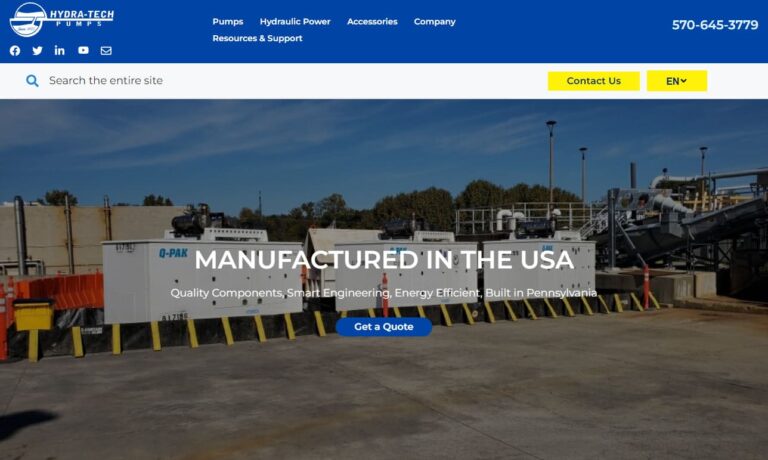
Puffer Sweiven Rotating Equipment offers a wide range of centrifugal pumps from a number of quality manufacturers. We offer these durable products in horizontal, vertical and submersible designs.
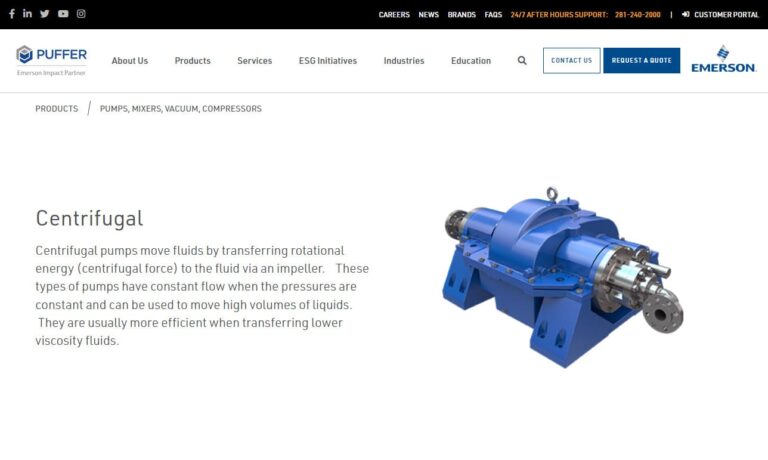
Since 1978, our radial flow centrifugal pumps have been used for flood irrigation, flood control, liquid waste pumping, & more. Our trailer centrifugal pumps supply water with either 540 or 1000 RPM PTO drive. Our sump pumps “attack” your pumping problem using tractor, diesel or electric power. For more information on our centrifugal pumps give us a call today, we are ready to help!
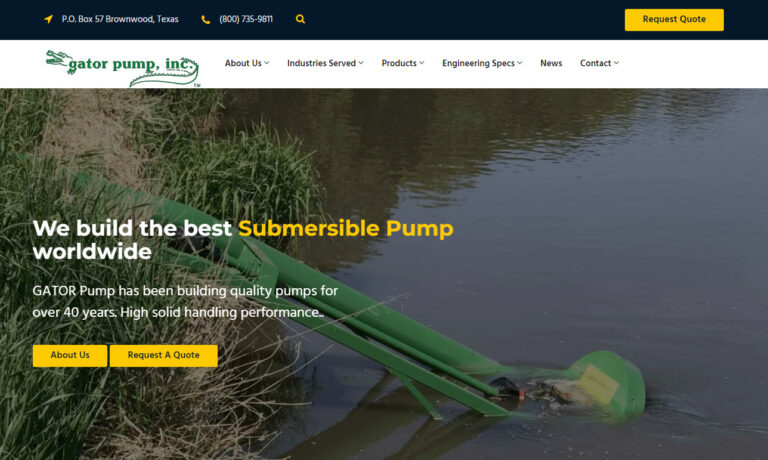
Texas Process Equipment supplies specialty pumps, such as centrifugal pumps and other process equipment. TPE offers products from Chempump, Barnes Pumps, Isochem, Micropump, Price Pump and more. Through a common sense approach to business, communication and information technology, TPE offers the lowest "total cost of ownership" to its customers. Call today to see what TPE can do for you.

More Sump Pump Manufacturers
Introduction to Sump Pumps
A sump pump is a mechanical device installed in the basement of a building so it can dispose of accumulated water by pumping it out through discharge pipes. A sump is a pit or basin dug into the floor to collect leaking water. It is designed so that water falls into it due to the force of gravity.
As soon as the water fills the sump pit, the pump starts pumping it out of the house. Sumps not only pertain to domestic use but are employed in industrial areas too. A sump pump can discharge large amounts of industrial process water and high-temperature boiler condensate water.
How Does a Sump Pump Work?
Below are some of the features of a sump pump:
- A sump pump is a device that monitors rising water pressure and levels to make sure they don't go too high.
- These pumps measure the amount of water in the basin using a switch.
- When a rising water level triggers the switch, the pump begins pumping the water into a discharge pipe far from the house's foundation.
- An electric motor, a battery, or water can all be used to power a pump.
- While backup pumps that run on water or a battery during a power outage are common in sump pump systems, pumps primarily have a wired setup.
Switches Used in Sump Pumps
Sump pumps can be operated on a switch system. The pump can be turned on independently using the switch. Some switches function uniquely from others yet produce the same outcome. Here is a brief description of a few different switch kinds and how they operate:
- Pressure Switch: A pressure switch senses the amount of pressure in the water if it starts to rise and triggers the operation of the pump accordingly.
- Vertical Switch: This switch works on a simple mechanism. Being a magnetic switch, it slides up and down depending upon the water level, turning the pump on and off.
- Diaphragm Switch: This switch functions similarly to a human diaphragm, shifting from concave shape to normal (in or out) when the pressure changes. Because it is the least likely to become stuck on or off, it is the most frequently used type of switch.
Applications of Sump Pumps
Sump pumps are very specific with regards to their application. Following are some of the useful applications of sump pumps:
- Avoiding the growth of mold or mildew in basements
- Disposing of sewage or industrial wastewater
- Reducing humidity by improving air quality
- Keeping the temperature of a basement cool
Benefits of Sump Pumps
As evident from their applications, sump pumps can be beneficial in more than one way. Here is a list of the benefits of sump pumps:
- Preventing health or breathing hazards associated with mold and mildew growth
- Keeping a basement dry, clean, and free of flooding danger
- Protecting against sewage backups


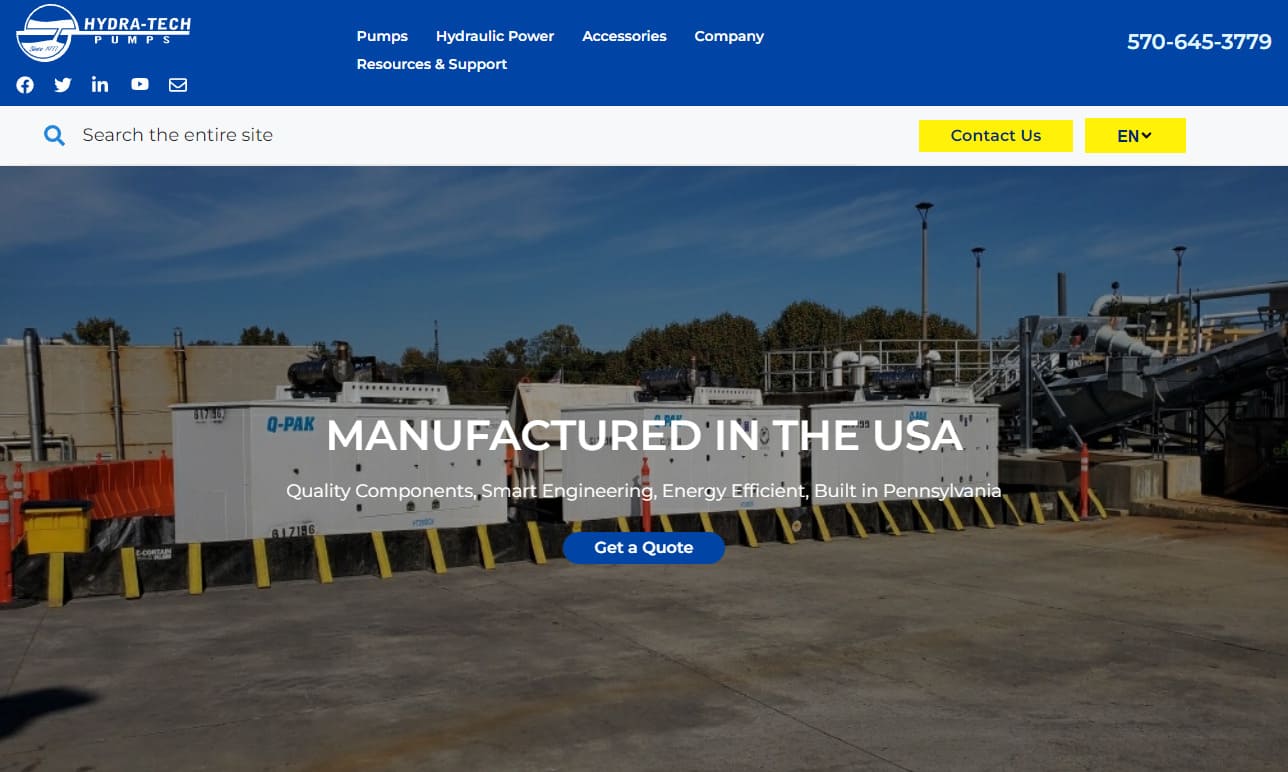
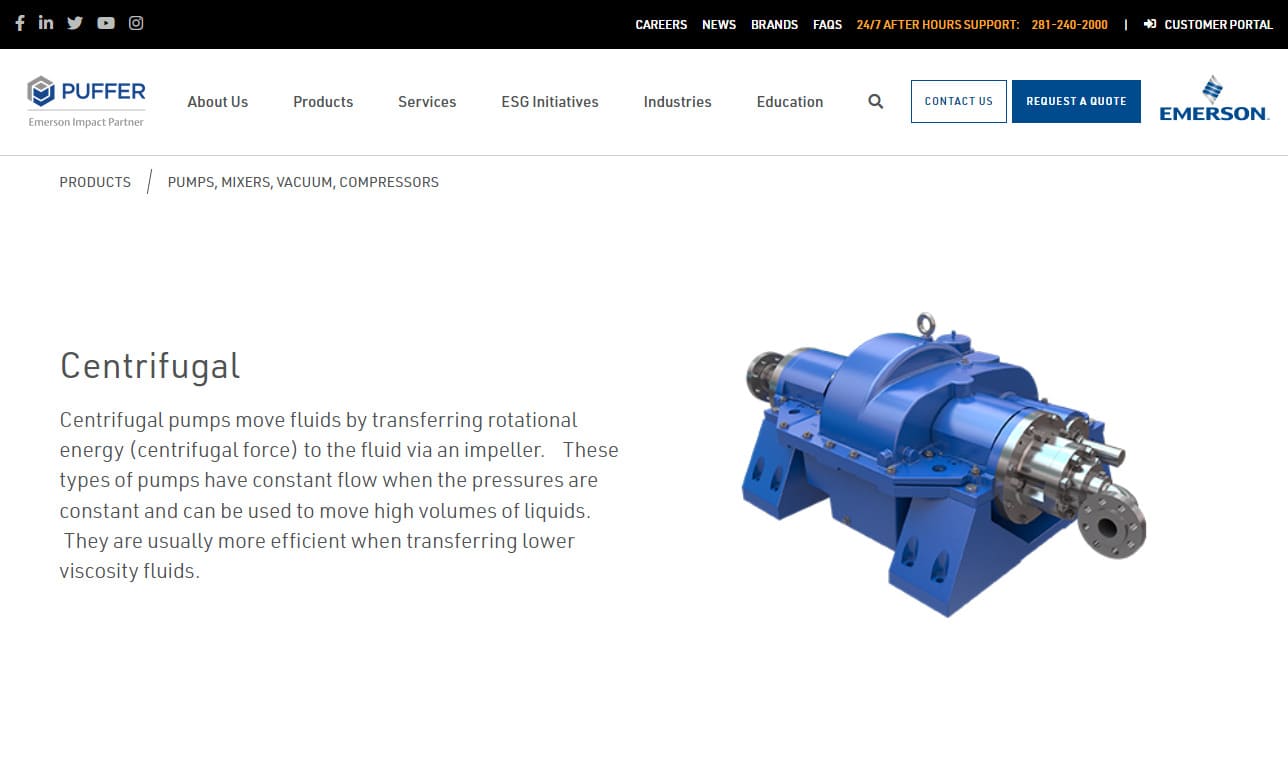
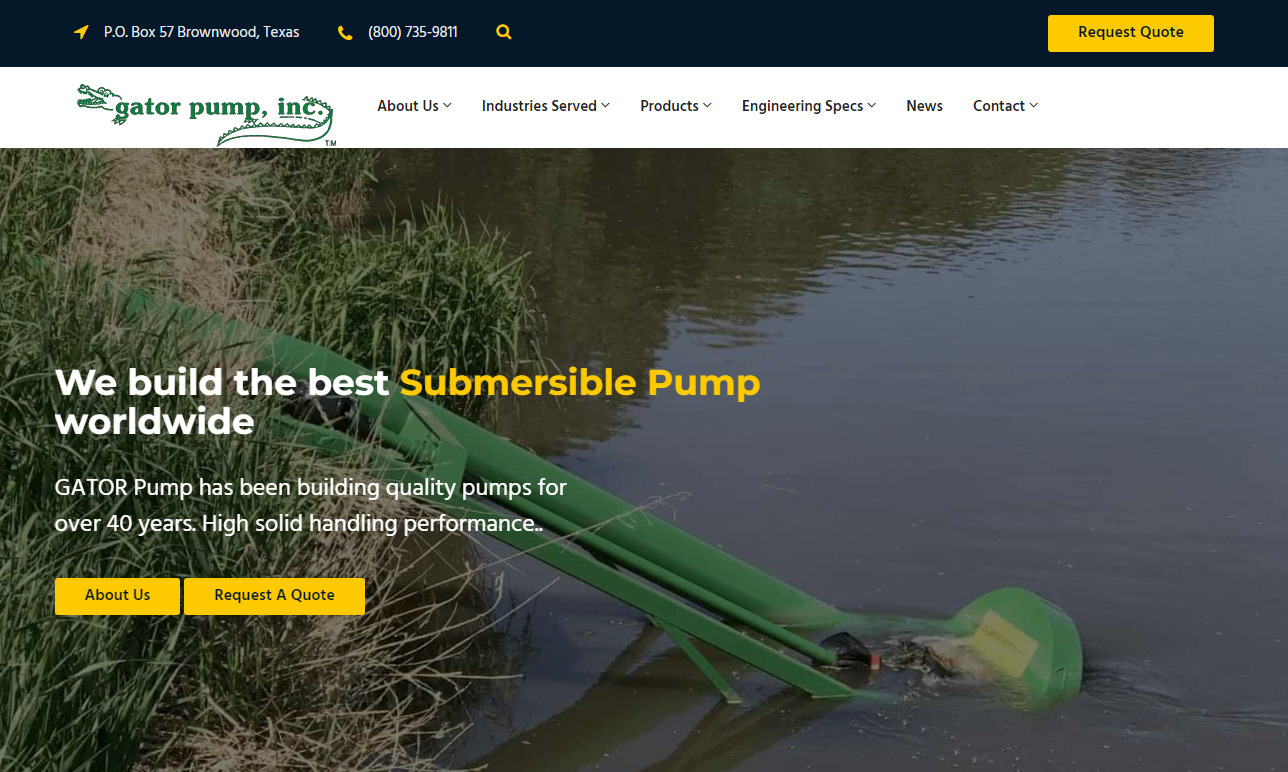

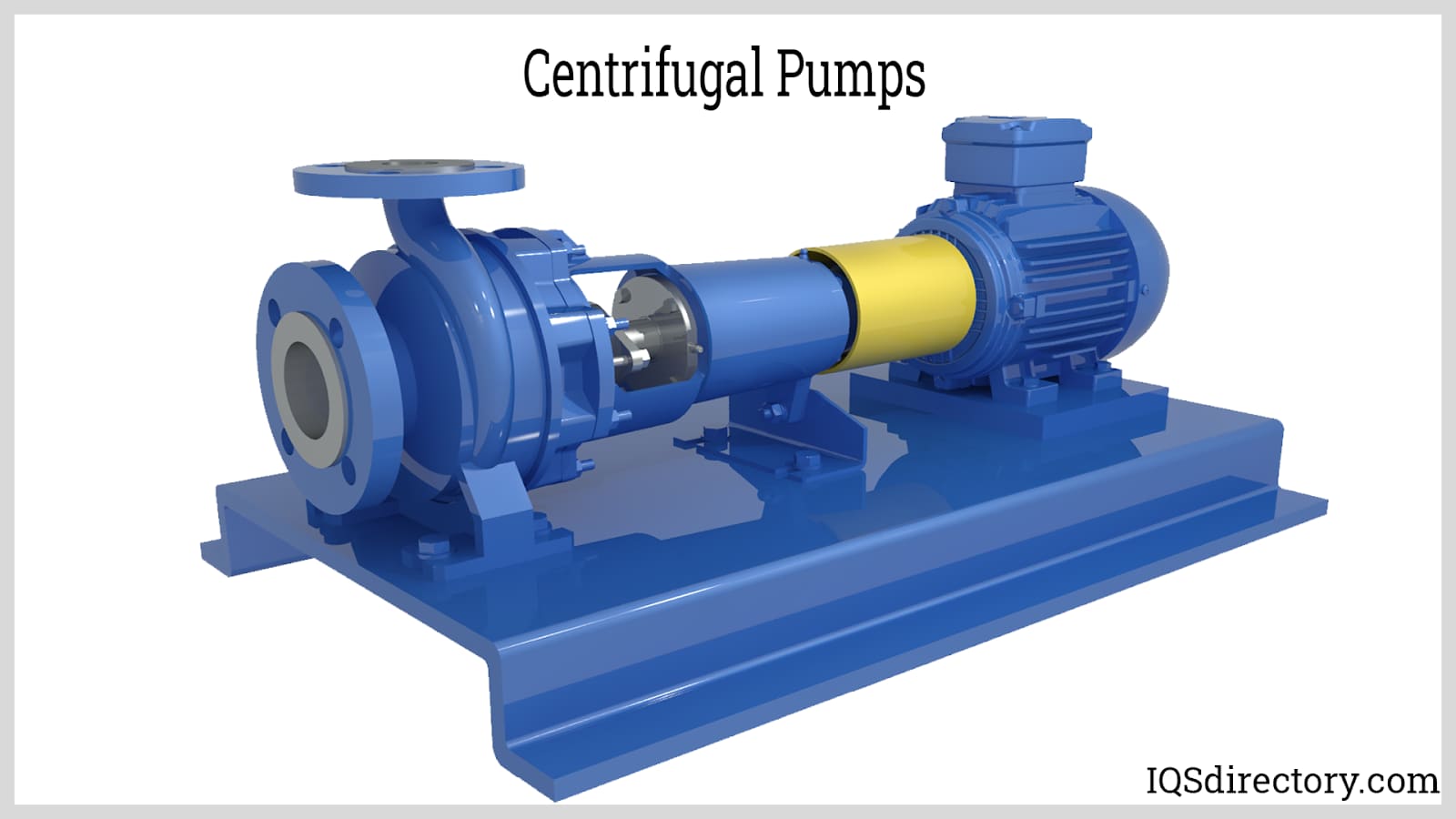
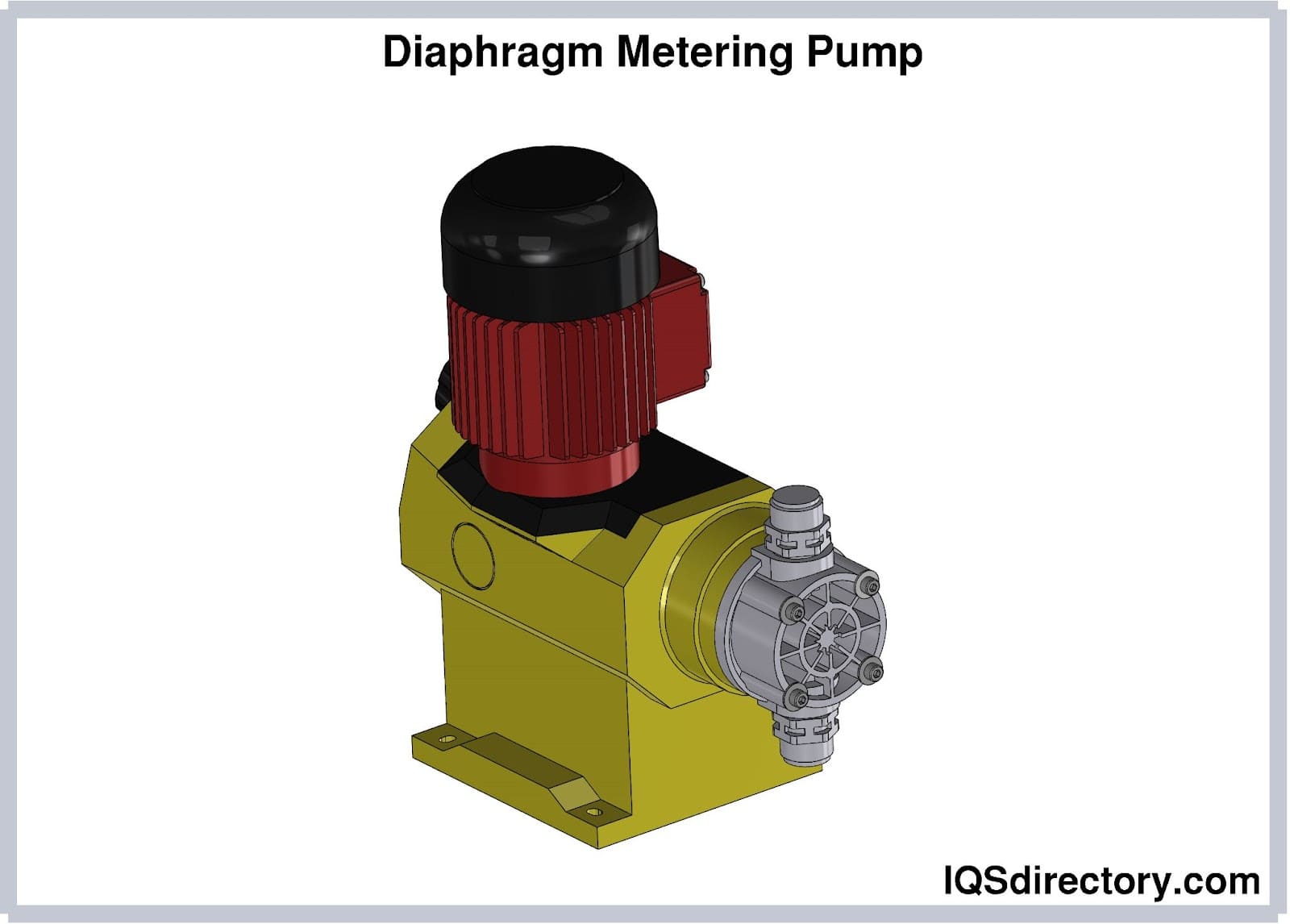
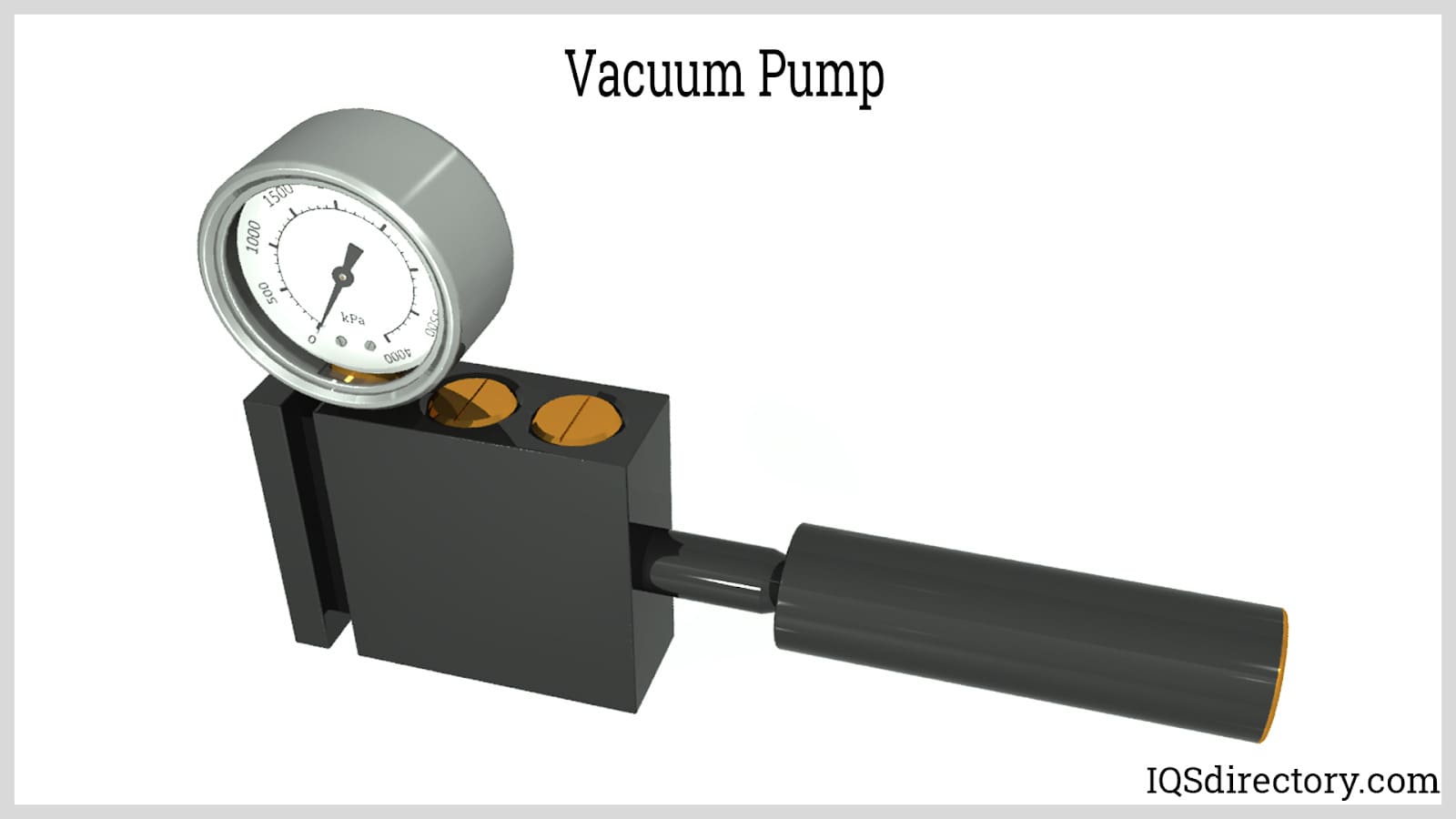
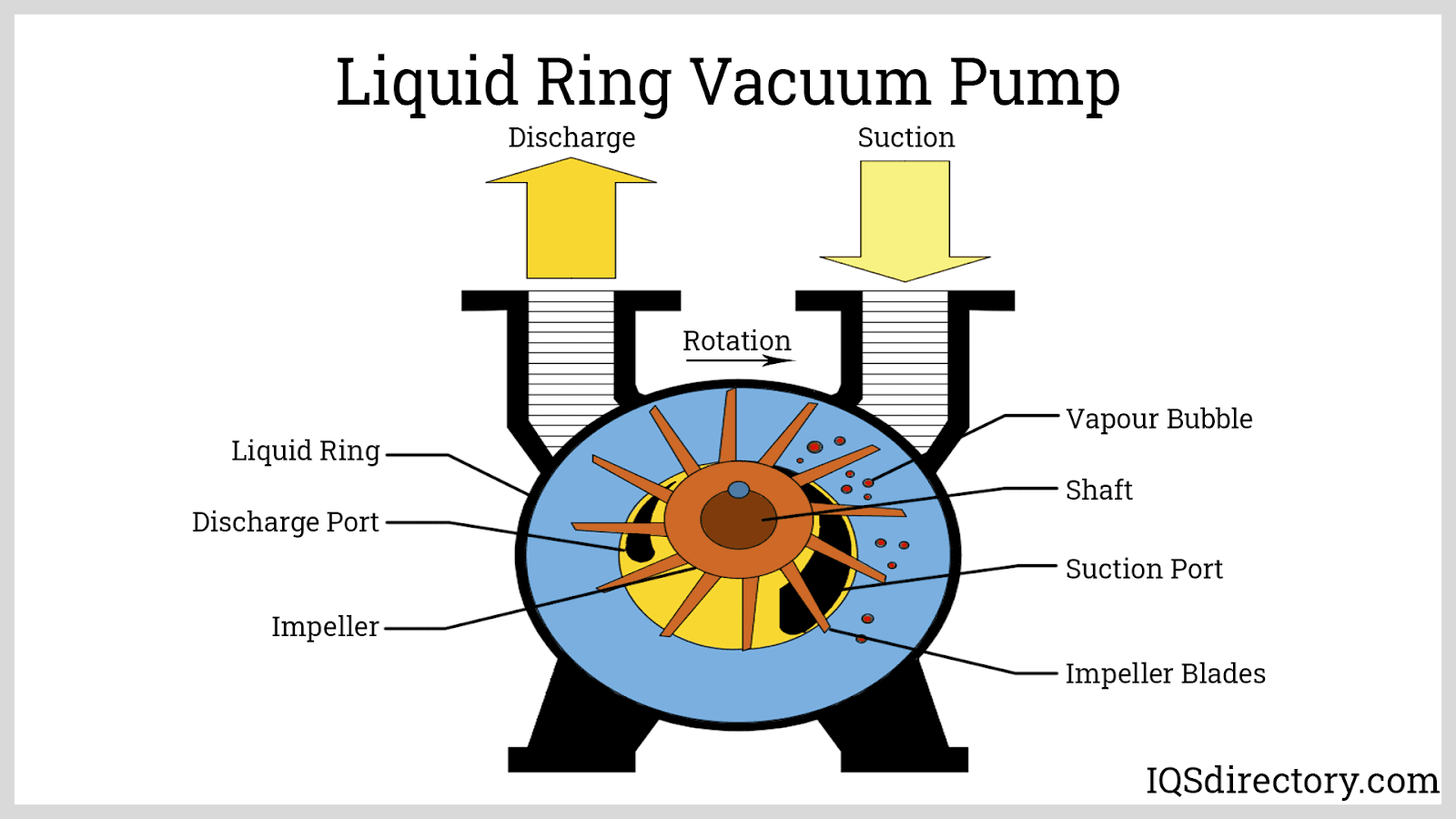
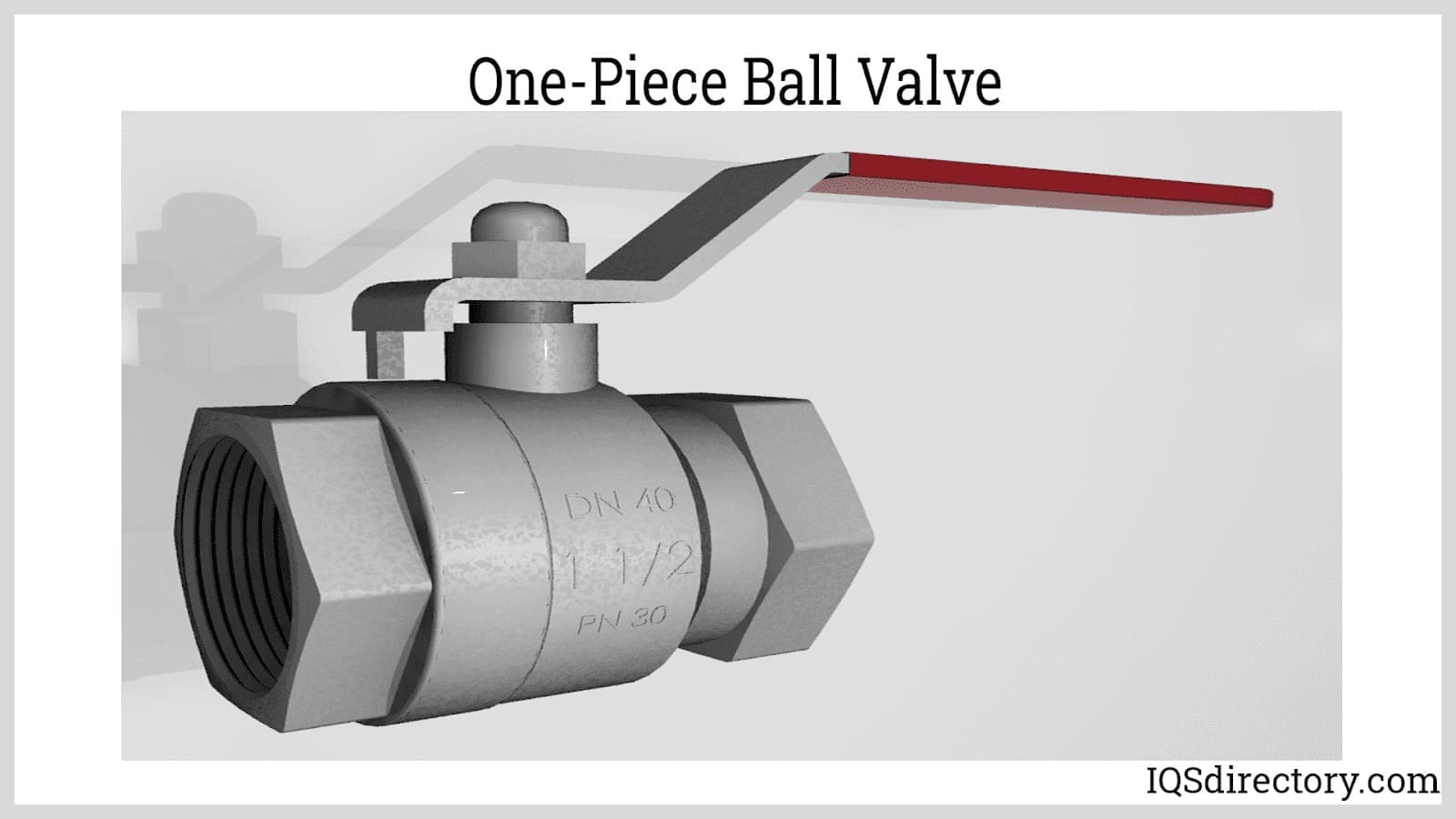
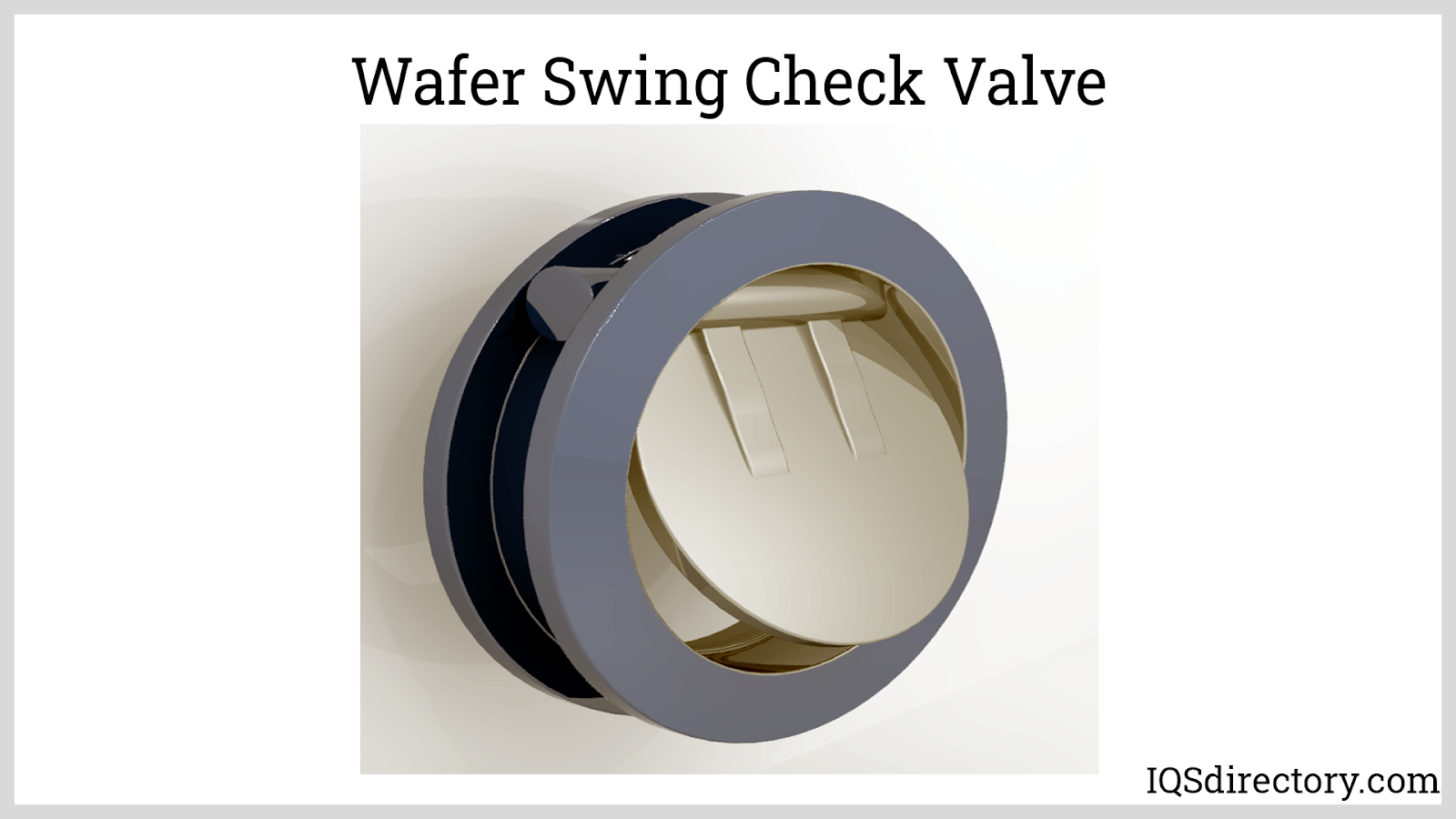
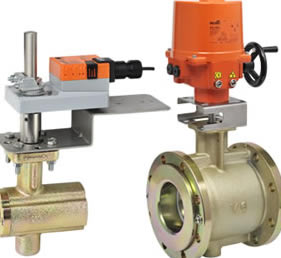 Ball Valves
Ball Valves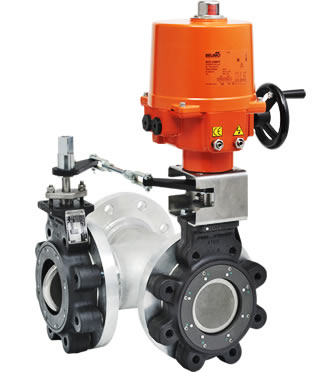 Butterfly Valves
Butterfly Valves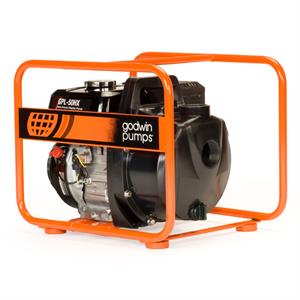 Centrifugal Pumps
Centrifugal Pumps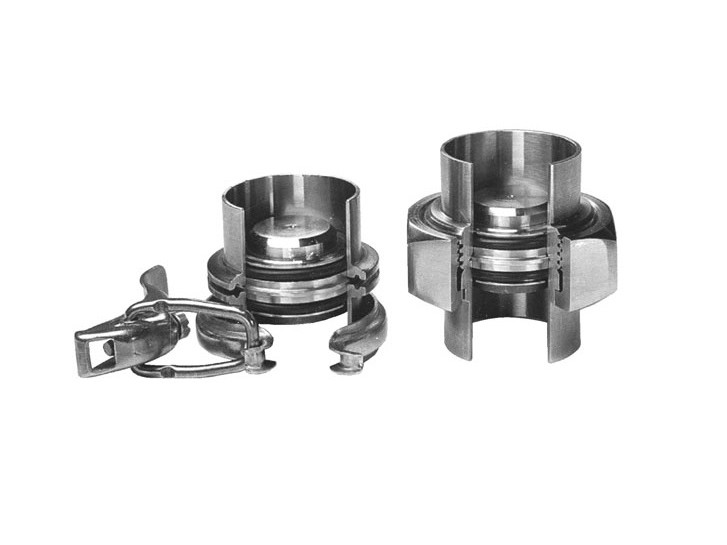 Check Valves
Check Valves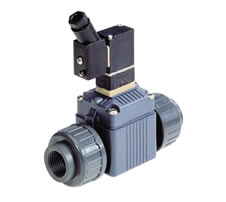 Diaphragm Valves
Diaphragm Valves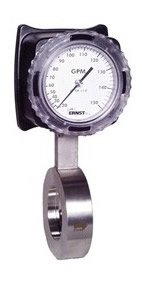 Flow Meters
Flow Meters Hydraulic Pumps
Hydraulic Pumps Hydraulic Valves
Hydraulic Valves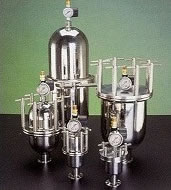 Metering Pumps
Metering Pumps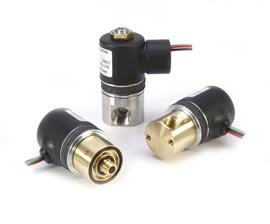 Solenoid Valves
Solenoid Valves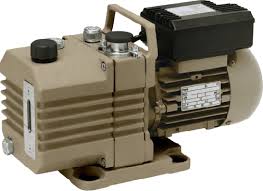 Vacuum Pumps
Vacuum Pumps Castings & Forgings
Castings & Forgings Bulk Material Handling
Bulk Material Handling Electrical & Electronic Components
Electrical & Electronic Components Flow Instrumentation
Flow Instrumentation Hardware
Hardware Material Handling Equipment
Material Handling Equipment Metal Cutting Services
Metal Cutting Services Metal Forming Services
Metal Forming Services Metal Suppliers
Metal Suppliers Motion Control Products
Motion Control Products Plant & Facility Equipment
Plant & Facility Equipment Plant & Facility Supplies
Plant & Facility Supplies Plastic Molding Processes
Plastic Molding Processes Pumps & Valves
Pumps & Valves Recycling Equipment
Recycling Equipment Rubber Products & Services
Rubber Products & Services